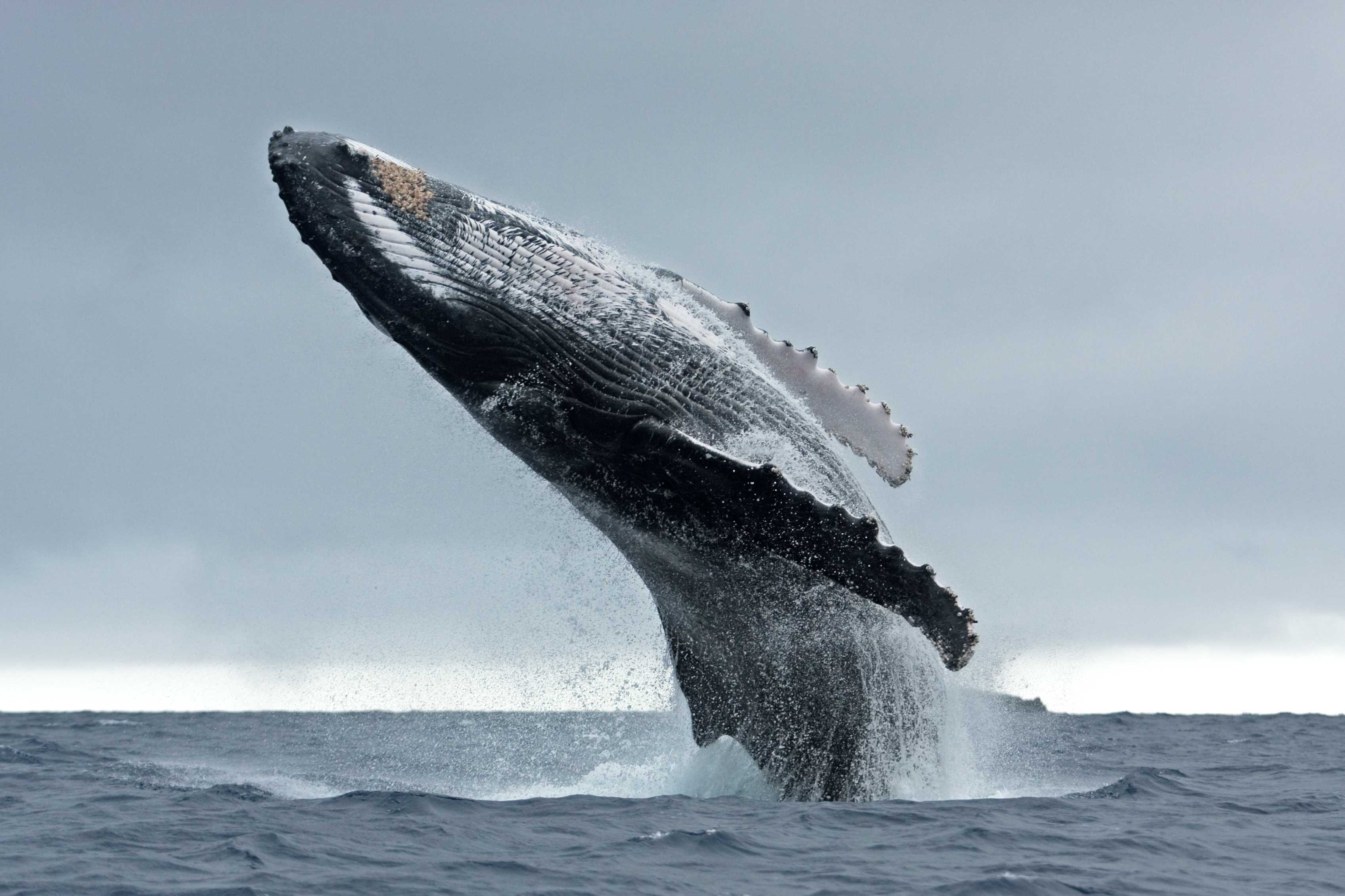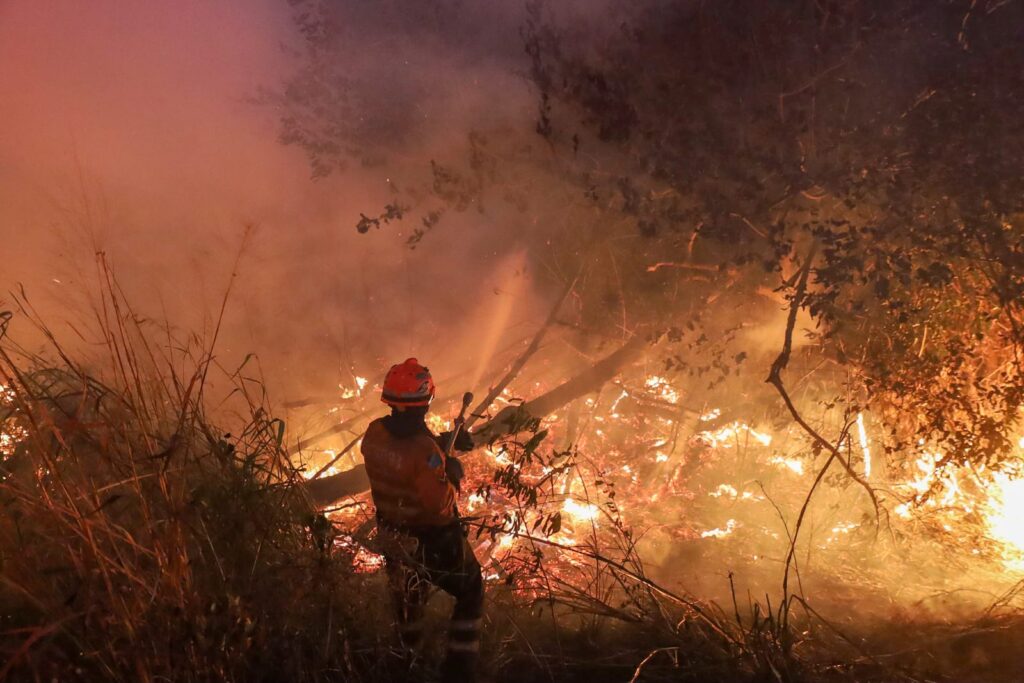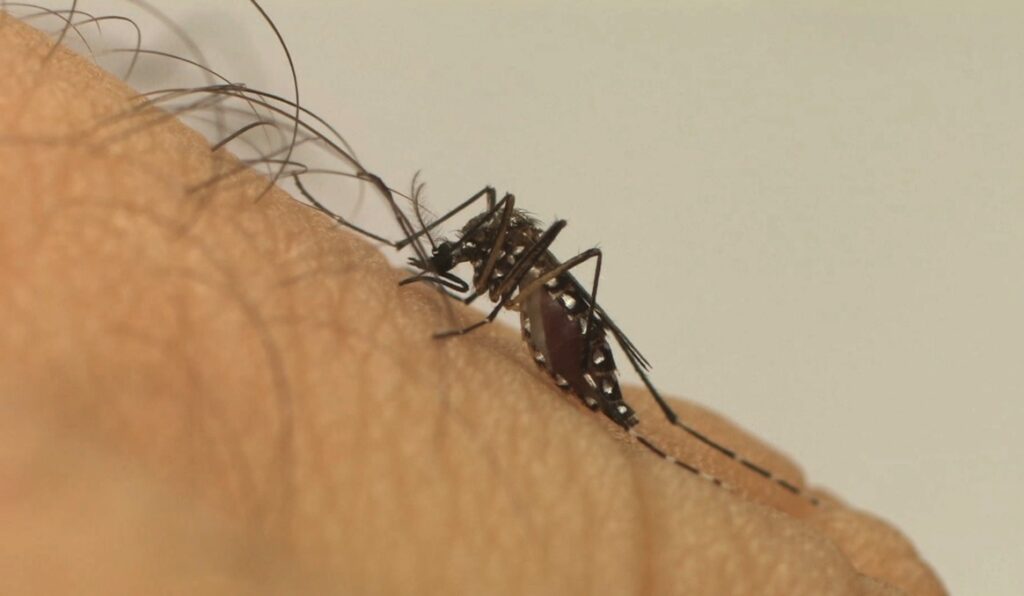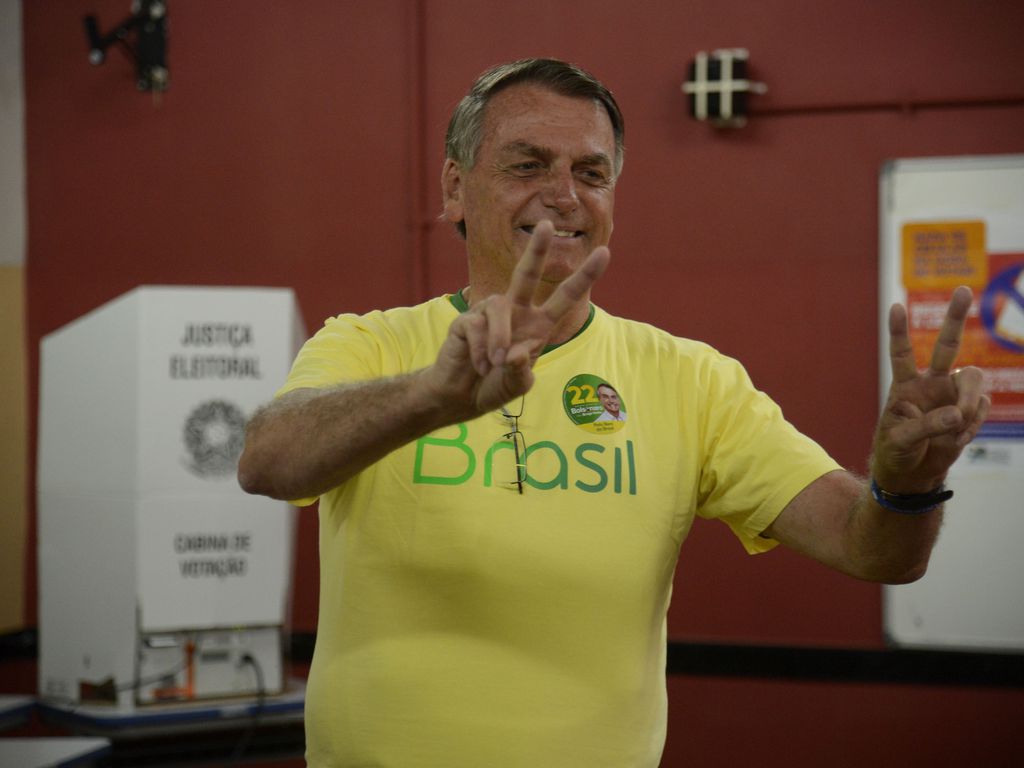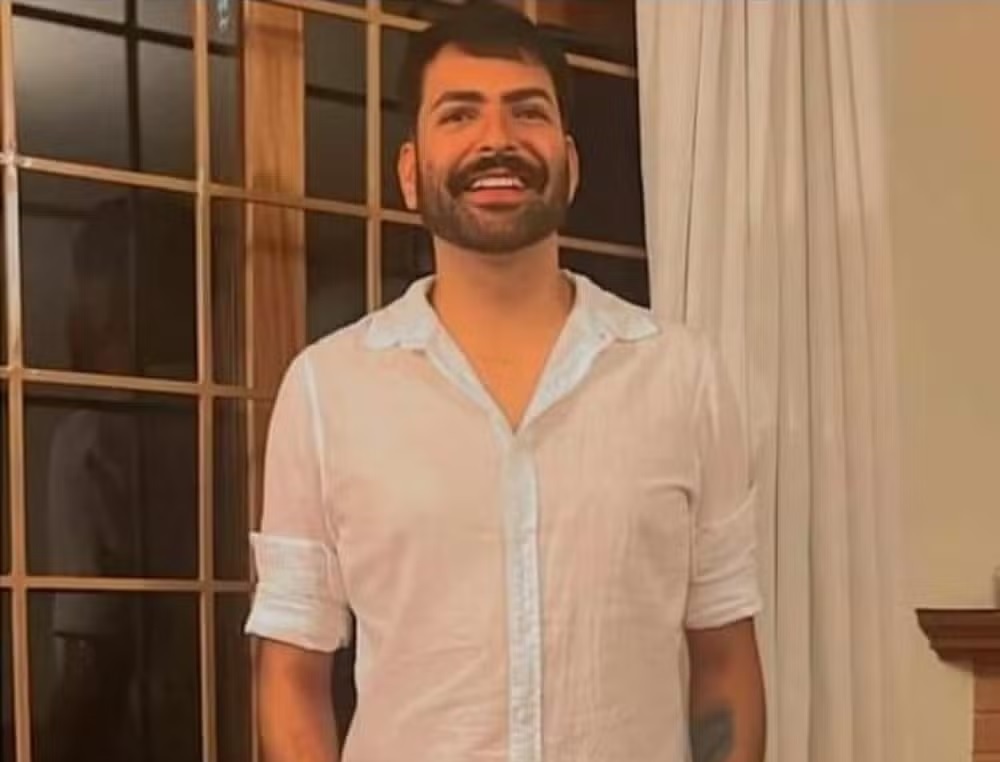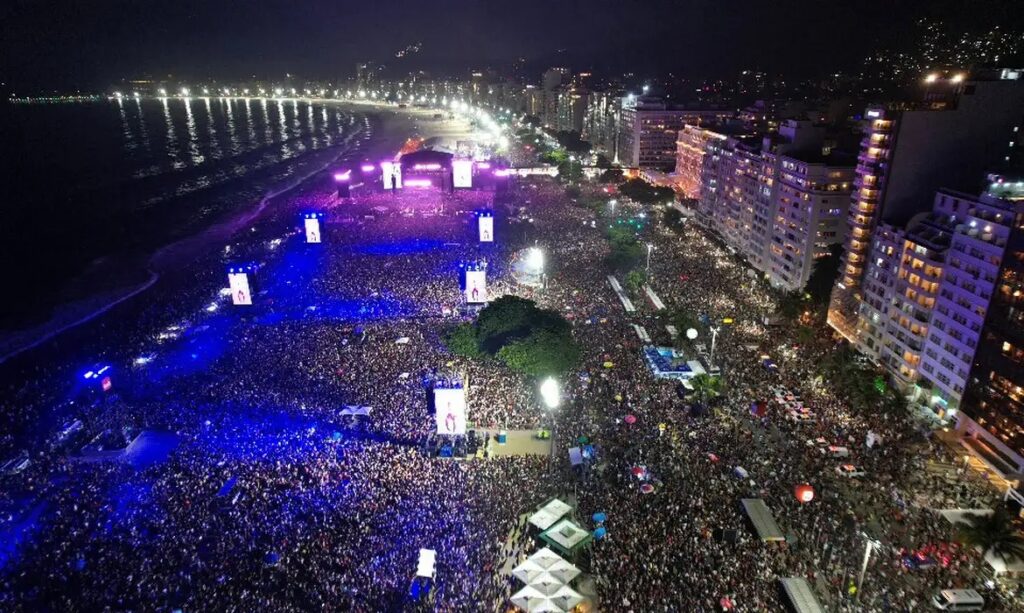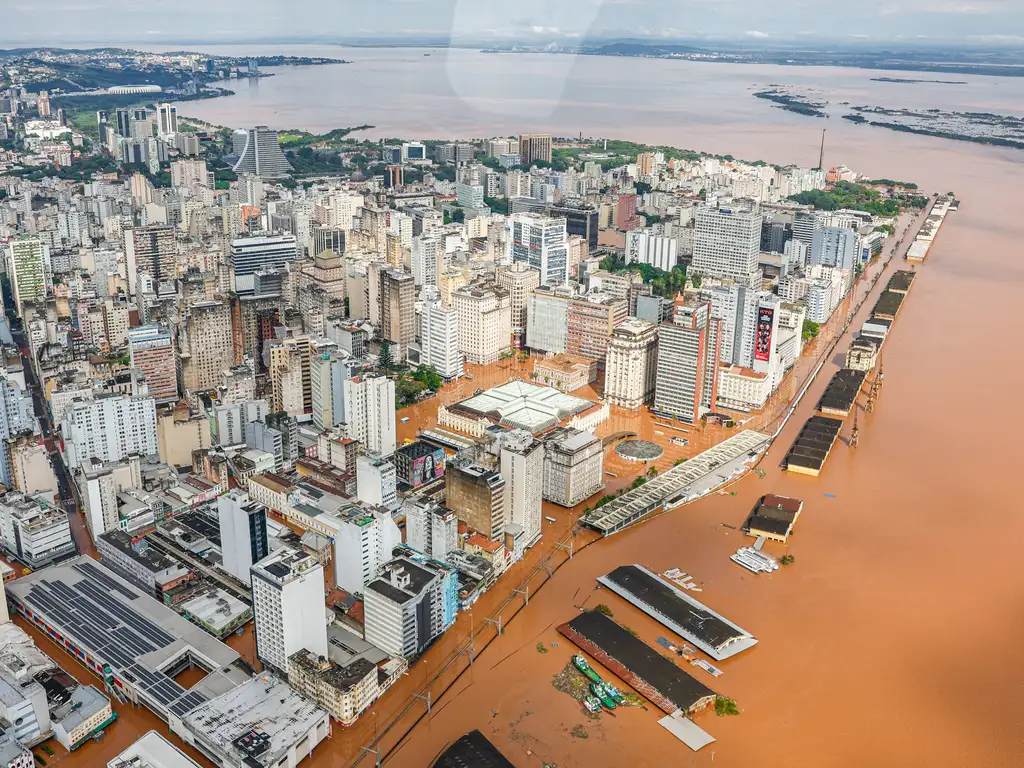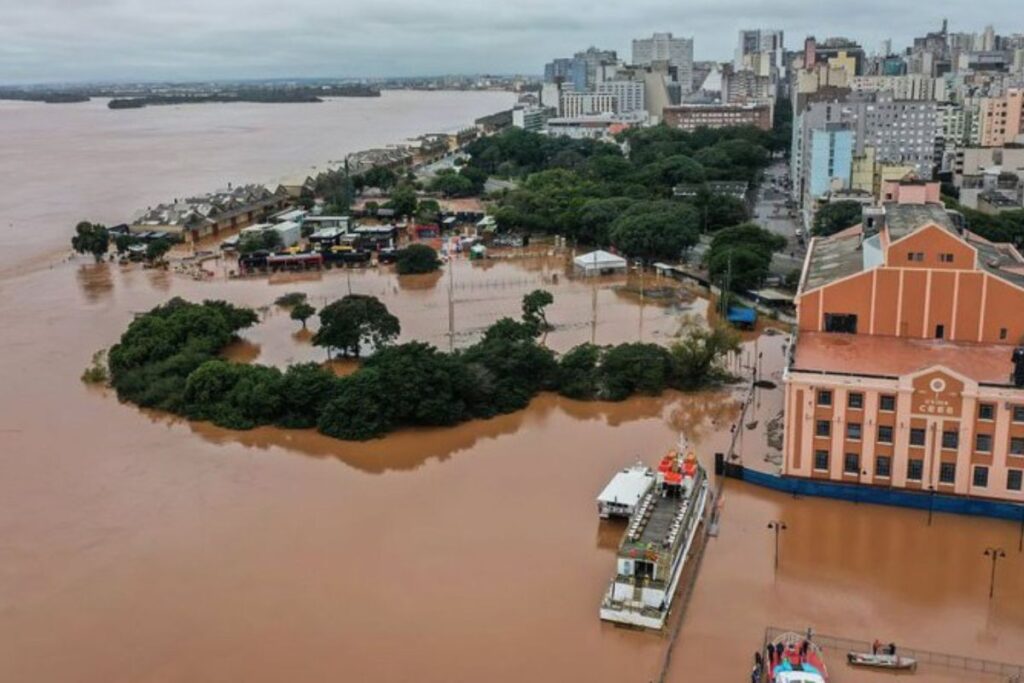Yesterday, September 13, the IWC (International Whaling Commission) approved a pact to reaffirm the banning of the commercial hunting of whales in international waters, after meeting this week in Brazil’s southern coastal city of Florianopolis.
The Florianopolis Declaration was received variably by those who voted, with results registering 40 votes in favour, to 27 against. Whilst the likes of Colombia, Costa Rica, Panama, Peru and Chile voted in favour, Russia, Japan and Iceland were among the countries who rejected the pact.
Their grounds for rejection centre around their nature as pro-whaling states, with most backing a Japanese counter-proposal which seeks balance between commercial whaling and conservation.
“Science is clear: there are certain species of whales whose population is healthy enough to be harvested sustainably,” outlines the counter-proposal.
However, Brazil’s Secretary for Science José Pedro de Oliveira told local newspaper O Globo that he believes the Japanese proposal has “very little chances of being passed,” when it is voted on today, September 14. “Japan has been disguising commercial hunting as scientific fishing,” he added, claiming that the country kill around 500,000 whales per year.
The hunting of whales for their usable products such as meat, oil and blubber is a long-standing practice that was eventually banned in 1986 by the IWC. Although the ban is still in effect, there are certain exceptions such as hunting for scientific purposes, as well as aboriginal hunting.
Some countries, such as Japan and Norway, have chosen not to honour the ban.
Environmental groups and NGOs have begun to place increasing emphasis on the protection and conservation of the mammal, arguing that human efforts should focus on “the purely non-lethal usage of whales, which includes whale watching,” Nicolas Entrup of Swiss NGO OceanCare told the BBC.
According to O Globo, the Florianopolis Declaration declares that “commercial hunting is no longer an economically necessary activity,” and that “scientific hunting is no longer a valid alternative to answer scientific questions, given the abundance of non-lethal research methods.”
As it stands, the IWC currently recognises two whaling sanctuaries in the Indian and Southern Oceans, after a proposal for a further sanctuary in the South Atlantic was blocked by pro-whaling countries this week.
After commercial hunting brought whales to the brink of extinction in the 19th and 20th centuries, conservationists continue to fight for the protection of the mammal so that it may continue to roam the oceans freely. The recent approval of the Florianopolis Declaration is a big win for Brazilian whale conservationists, who are currently leading the fight for its survival.


